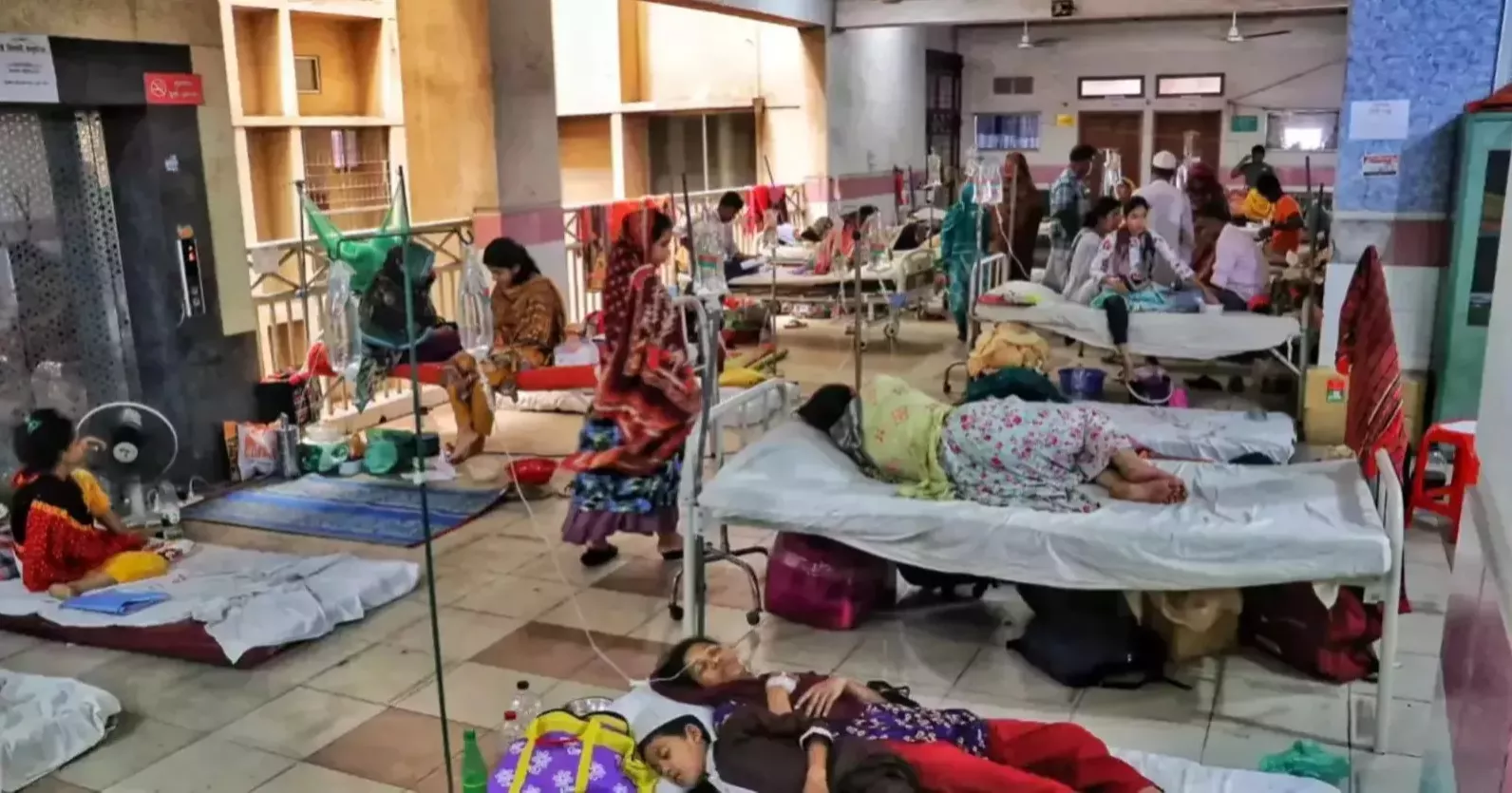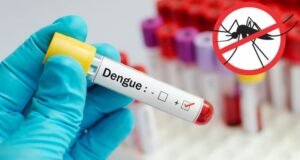
Director General of the Directorate General of Health Services (DGHS) Prof Dr Md Abu Jafor on Wednesday said the nature of dengue has changed, making it more challenging to treat patients.
“The current strain of dengue is no longer manageable the way it used to be. Many patients are quickly becoming critically ill,” he said while addressing a meeting at the DGHS conference room in Mohakhali.
At the event, the World Health Organization (WHO) Bangladesh office handed over essential medical equipment to support dengue management efforts in Bangladesh.
“More patients are now coming with severe symptoms that require close monitoring and intensive care. In this context, portable ultrasound and bedside hematocrit machines are crucial for quick diagnosis and effective treatment decisions,” said the DG, “These tools help accelerate clinical procedures and reduce complications by enabling faster diagnosis.”
Referring to the ongoing outbreak, Dr Jafor mentioned that although a recent spike in cases in Barguna has come under control nationwide surveillance has been intensified. “We are prepared on all fronts but raising public awareness is now more important than ever,” he added.
He urged people to remain vigilant and seek medical attention without delay in the case of fever. “Early diagnosis and timely treatment can prevent severe outcomes,” he said.
At the end of the event, WHO Bangladesh handed over eight portable ultrasound machines, 21 bedside hematocrit machines, and 1,600 units of other dengue management-related medical supplies to the DGHS.
WHO representatives reaffirmed their commitment to supporting Bangladesh in its ongoing fight against dengue.
According to DGHS data, over 13,000 dengue cases have been reported across the country since the beginning of 2025 with 56 confirmed deaths.
 Weekly Bangla Mirror | Bangla Mirror, Bangladeshi news in UK, bangla mirror news
Weekly Bangla Mirror | Bangla Mirror, Bangladeshi news in UK, bangla mirror news







